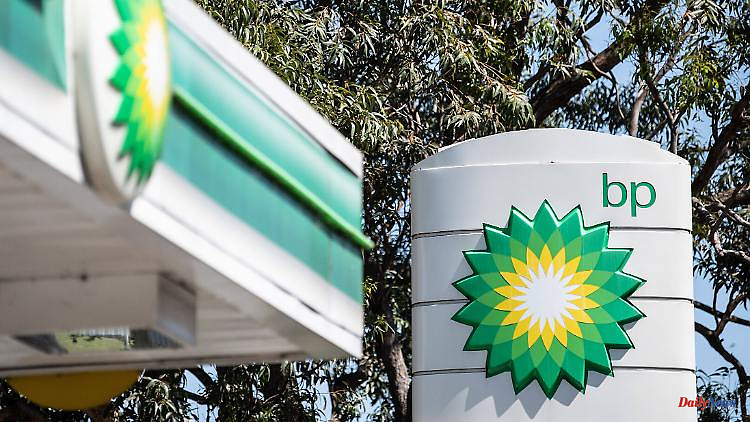One of the world's largest power plants for renewable energy is being built in Western Australia. It is expected to produce more electricity than China's Three Gorges Dam and accelerate the country's shift away from fossil fuels. But the project has been in the approval phase for years. The entry of the oil company BP should change that.
The British oil company BP is involved in one of the world's largest renewable energy projects in Australia. The company said it would take a 40.5 percent stake in the $36 billion Asian Renewable Energy Hub and operate the solar and wind power plants located across the should cover an area of 6500 square kilometers.
The overall project is expected to have a capacity of 26 gigawatts, surpassing China's Three Gorges Dam, which by many standards is the largest existing power plant in the world. In addition, 1.6 million tons of green hydrogen are to be produced there annually, which should help move away from oil and gas.
The project was presented in 2014 and has since gone through a lengthy approval process. The entry of a well-known energy company together with the newly elected Australian government, which has promised more climate protection, could give the project new impetus.
Australia is currently among the top three exporters of fossil fuels in the world. However, BP Vice President Anja-Isabel Dotzenrath stated that "Australia has the potential to be a leader in the global energy transition". The power station in Western Australia still has to overcome significant regulatory hurdles. Last year, the Environment Minister of the then pro-coal government, Sussan Ley, described the project as "clearly unacceptable" because of the impact on migratory birds.
A BP spokesman said these environmental concerns would be considered by the project planning team before a revised plan was presented to the new government. Environmental organizations such as Greenpeace welcomed BP's entry into the project - albeit with the proviso that it must not endanger biodiversity. "It has to be ecologically responsible," said Elizabeth Sullivan of the Australian Conservation Foundation.












